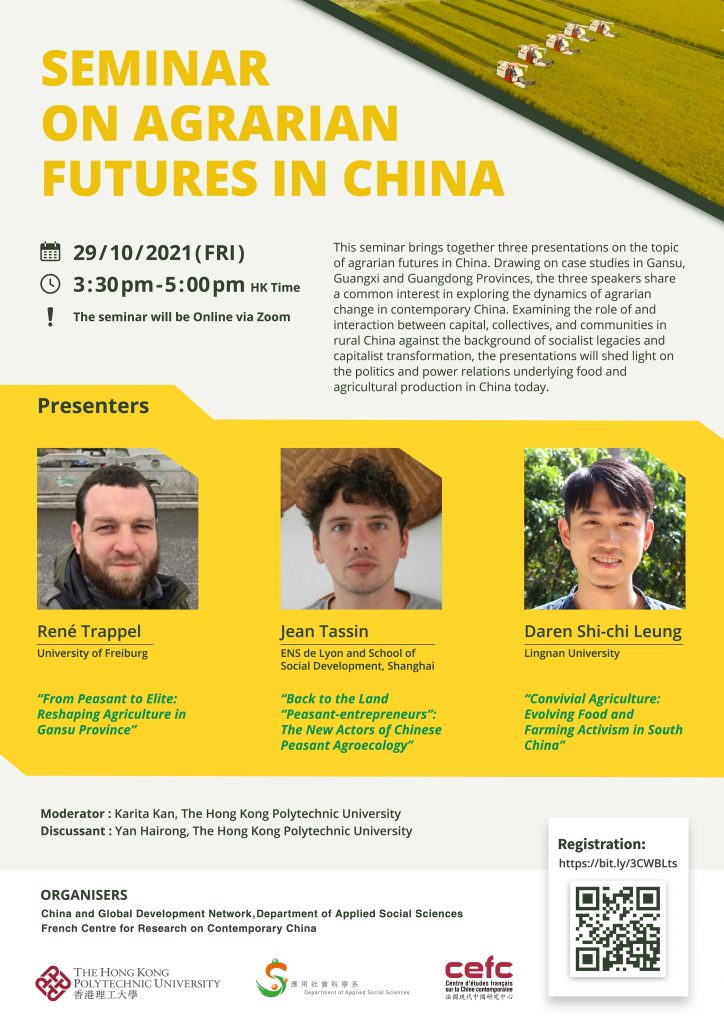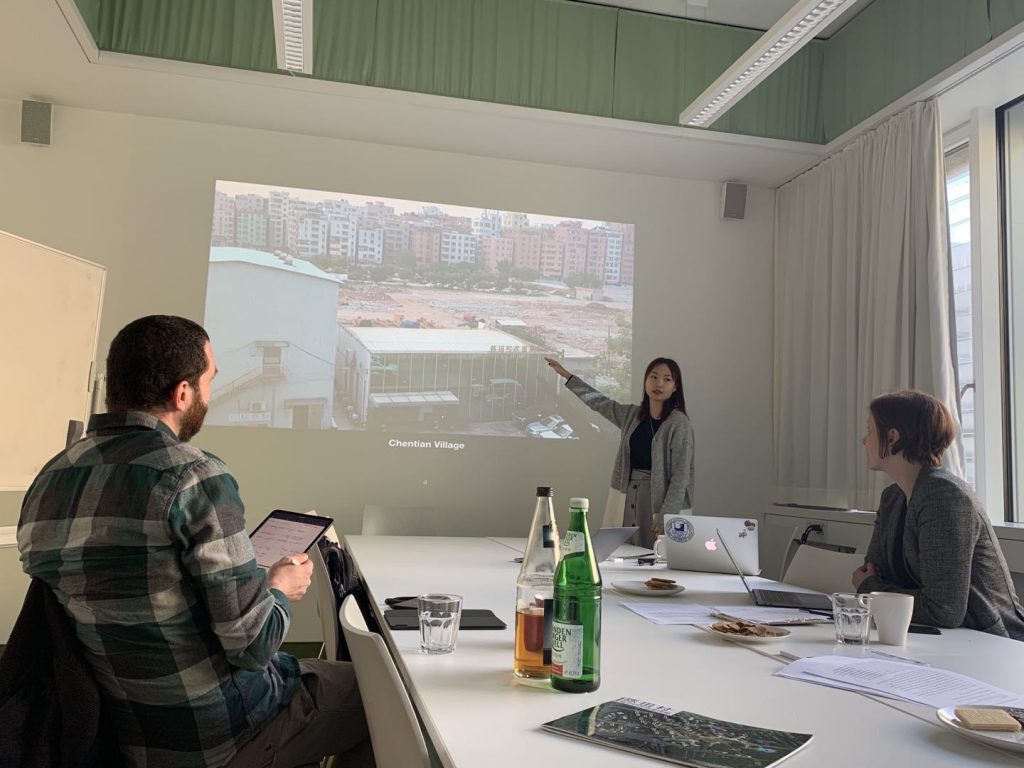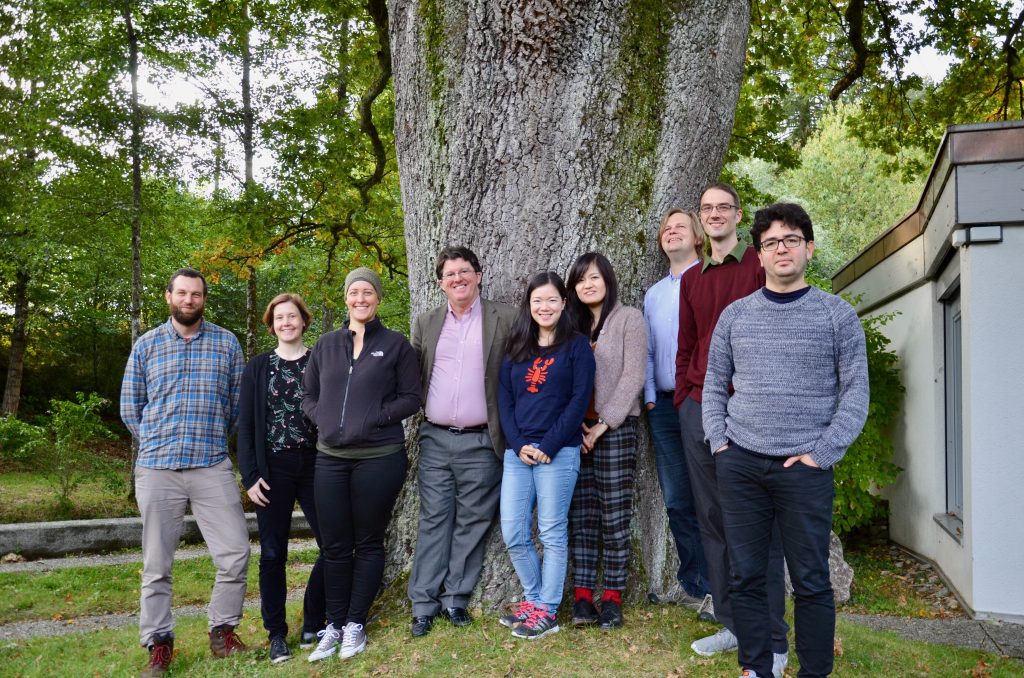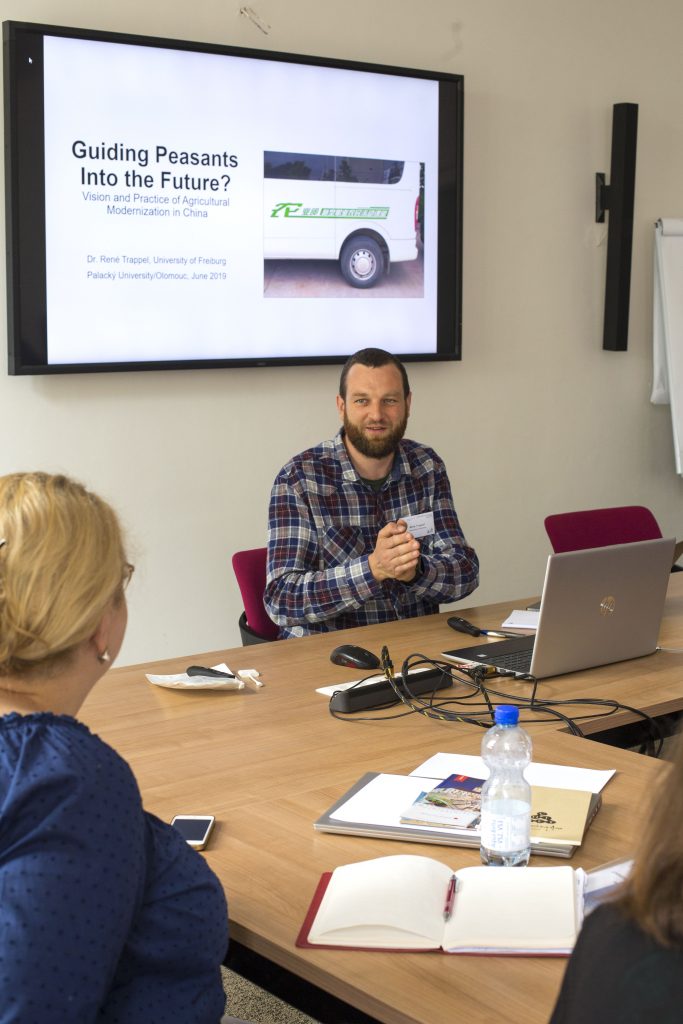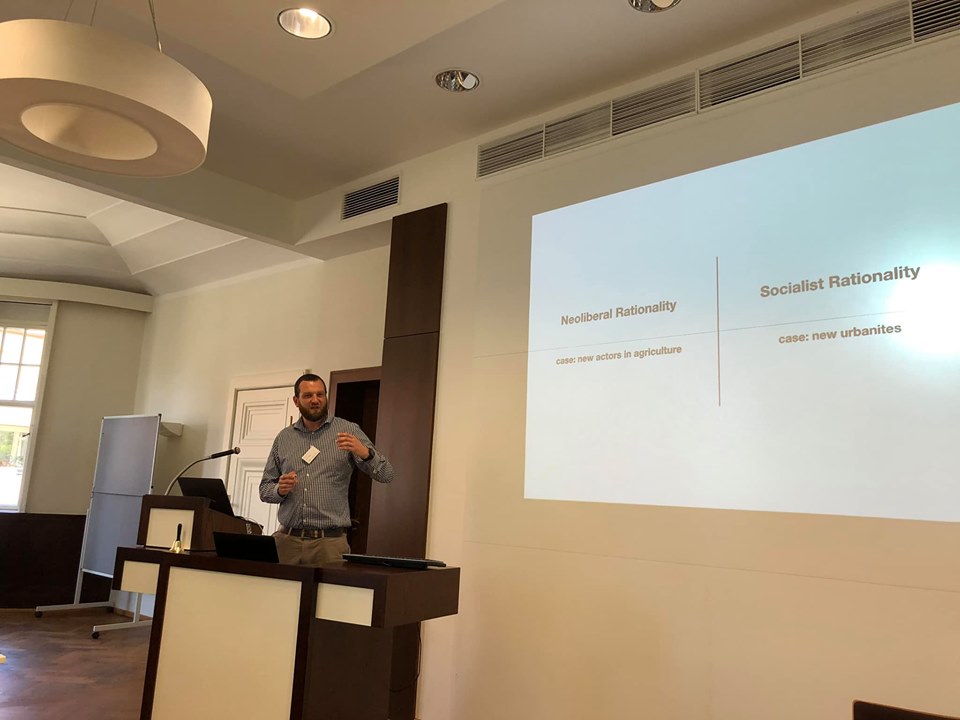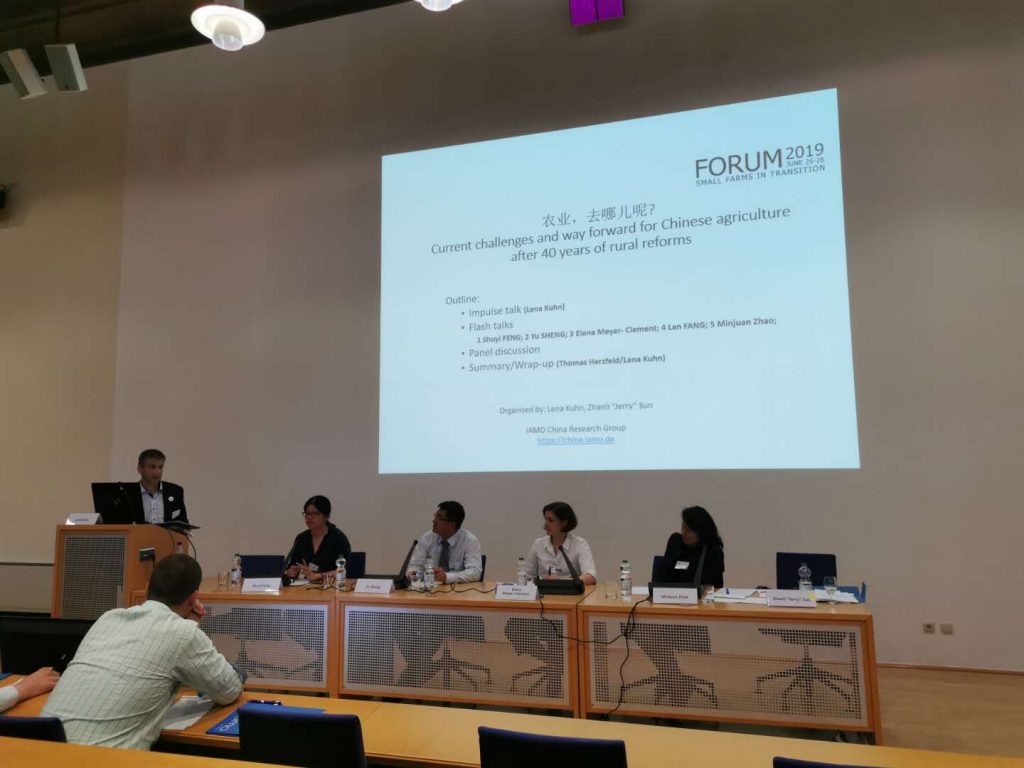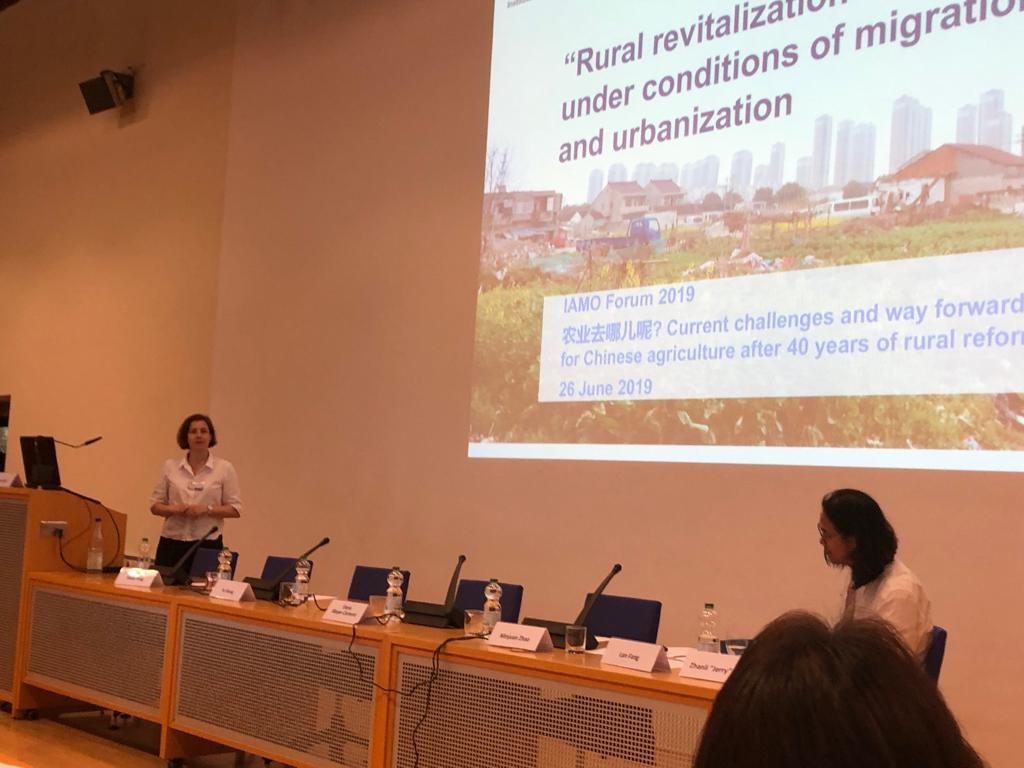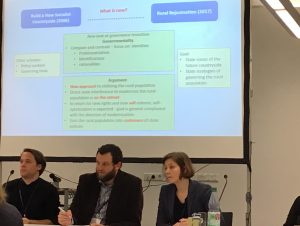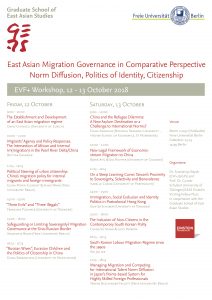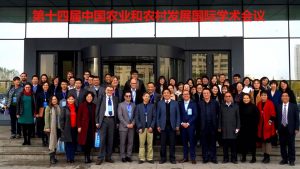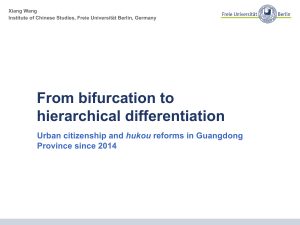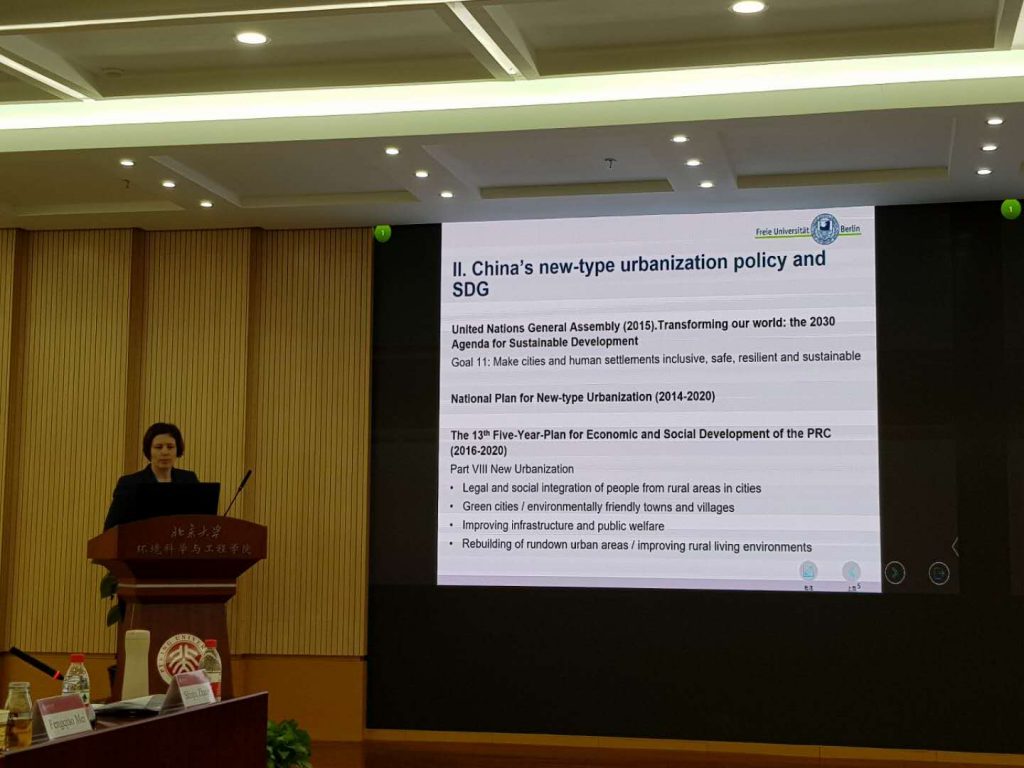
Public lecture at University of Copenhagen featuring talks by Elena Meyer-Clement and Cornelia Reiher (Freie Universität Berlin).
May 5th, 2022 14:00-15:30 at University of Copenhagen, South Campus
The question of how to revitalize rural areas has made it onto the agenda of policymakers worldwide. One key factor for successfully reversing the traditional dynamic of rural resource exploitation and for turning rural areas into spaces of economic innovation, are human resources. However, attracting talent to rural areas has proven difficult. The talks look at dynamics of internal migration and approaches of rural revitalization by central and local governments in Japan and China. With their focus on internal migration, they shed light on practices and challenges of managing populations in the two countries and highlight the underlying ideas about who constitutes the „ideal in-migrant”.
Can migrants revitalize Japan’s countryside? Governmental promotion of urban-rural migration in Northern Kyushu (Cornelia Reiher, Freie Universität Berlin)
Who shall revitalize China’s countryside? China’s “Rural Revitalization Strategy” and new trends in governmental regulation of internal migration (Elena Meyer-Clement, University of Copenhagen)
For further details, see: https://www.thinkchina.ku.dk/events/revitalizing-the-countryside/

